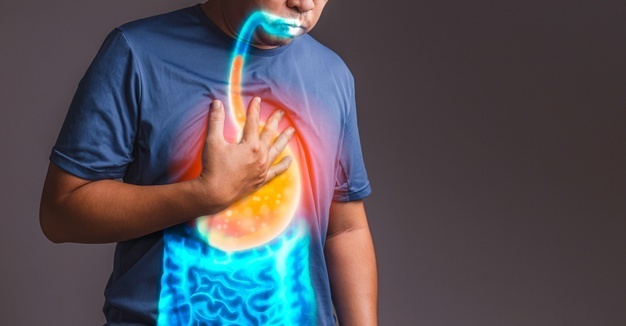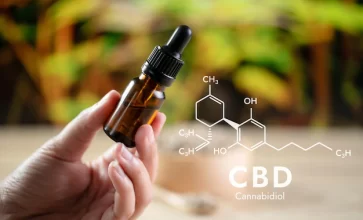Dealing with Gastroesophageal Reflux Disease (GORD)
Having stomach issues is always unpleasant and can leave you feeling uncomfortable, nauseous, and in pain in severe cases. Most of the time, stomach issues can be explained by something simple, such as trapped wind, bloating from eating too much, a food allergy, or a stomach bug. However, some conditions can cause major discomforts, such as gastroesophageal reflux disease, or GORD. This is a condition where your stomach acid leaks back up your esophagus, causing severe heartburn and other issues. Below is a list of some of the symptoms and tips on how to handle them.
Symptoms

Some of the main symptoms of GORD are heartburn and acid reflux, as well as frequent bloating, bad breath, nausea and/or vomiting, the sensation that something is stuck in your throat or chest, finding it hard to swallow, pain when swallowing, a sore throat and a persistent cough. Gum diseases and tooth decay can also be indicators of GORD. It?s important to note that these symptoms could also be signs of various health issues, but if you are experiencing several of these at one time, it?s likely to be a result of GORD. Either way, make an appointment with your doctor to get an accurate diagnosis.
Treatment
Some treatments for GORD can be purchased over the counter at your local drugstores, such as antacids and alginates. For more severe cases, surgery might have to be considered to resolve the issue and prevent further damage. Laparoscopic Nissen fundoplication is a keyhole surgery that your doctor might recommend. This procedure will tighten the muscles at the bottom of your esophagus to help stop the acid from leaking back up from your stomach. It is usually carried out under general anesthetic, and patients stay in the hospital for a few days afterward to be monitored and recover. There are other surgical procedures available for GORD, but this is the most commonplace. Your doctor will only recommend surgery if medications don?t work if you don?t want to be on them long-term, or the condition is severe.
Lifestyle Changes
In addition to medications and surgery, lifestyle changes are required to help reduce the effects of GORD. Avoid any foods that you have noticed irritate the condition, such as spicy foods, coffee, or foods that are high in fats and sugar. Reducing your consumption of alcohol or stopping this completely can also help, as will quitting smoking if you are a smoker. If you are overweight, taking steps to return to a healthy weight for your height and age is not only important for your general health but will help you manage these symptoms and make you more comfortable. If you do struggle to swallow as a result of GORD, some products can help to thicken food and beverages to make this easier for you; SimplyThick is an example of this. If you have a lot of stressors in your life, you may also want to find more ways to relax and stay calm, as stress can make GORD worse.
GORD can be an incredibly uncomfortable condition to cope with, but there are simple ways to get it under control. If you recognize any of these symptoms, make an appointment with your doctor, or try some of these lifestyle tips and see how they can make a difference.
Read Also:























[…] Dealing with Gastroesophageal Reflux Disease (GORD) […]